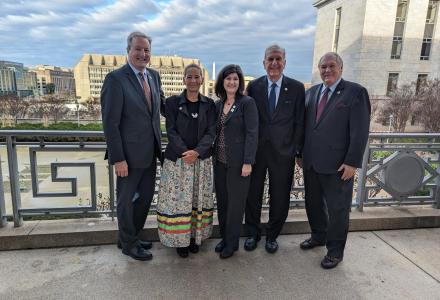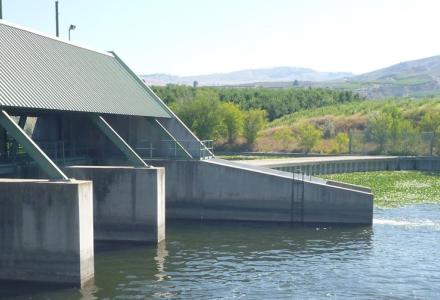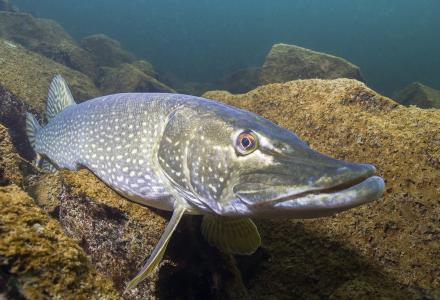


A new book, “The First Century of the International Joint Commission,” seeks to separate myths from reality, uncovering the historical evolution of the IJC from its inception to the present.
The International Joint Commission, created by the 1909 Boundary Waters Treaty, is one of the world’s oldest international environmental bodies. As a pioneering piece of transborder water governance, it has been integral to the modern Canada-United States relationship, as well as the many border waters these two nations share.
Although lip service is often paid to the IJC as a defining symbol of the special nature of this relationship, the Commission’s history has received little focused and sustained scholarly attention.
The book, edited by Murray Clamen and Daniel Macfarlane, features an impressive interdisciplinary group of scholars and practitioners that examine different aspects of the many border environments from east to west, with contributions focusing on water quality and quantity as well as air quality and indigenous issues.

Past US Chair Lana Pollack and Past Canadian Chair Gordon Walker contributed a foreword to the book and past US Commissioners Rich Moy and Allan Olson contributed chapters.
This edited collection address questions such as: How successful has the IJC historically been? How important is the Commission to the larger Canadian-American relationship? Why has the history of the Commission received little focused and sustained scholarly attention? How can the experiences of the IJC inform present and future policy as governments grapple with complicated water quantity, water quality and climate change problems?
As the two editors write in the conclusion to the book, “Likely the best explanation for the IJC’s success is its pragmatism and geographic position, along with its institutional structure and culture. To the extent that the IJC has worked well, it is largely because Canada and the United States share a water border where neither one is the predominant upstream or downstream riparian.”
By bringing together an impressive interdisciplinary (and international) group of scholars, the book draws on and contributes to the fields of history, law, environmental studies, international relations, political science, political ecology and geography.

The First Century of the International Joint Commission will be of interest to both academics and the general public, along with contemporary policymakers and governments as they grapple with sustainability, climate change, pollution and resiliency issues along the international border.
The book, published by University of Calgary Press, is slated for publication on Jan. 15, 2020. A free open access version will be available online one-two weeks later, according to the publisher.

Murray Clamen is an affiliate professor in the Department of Bioresources Engineering at McGill University and former secretary of the IJC’s Canadian Section.

Daniel Macfarlane is an associate professor in the Institute of the Environment and Sustainability at Western Michigan University.


